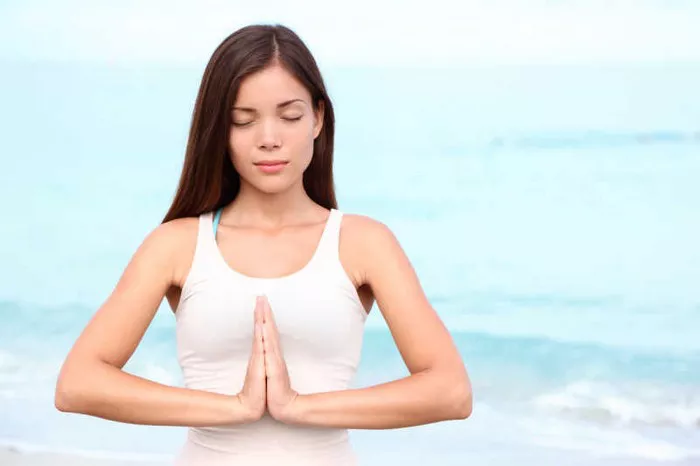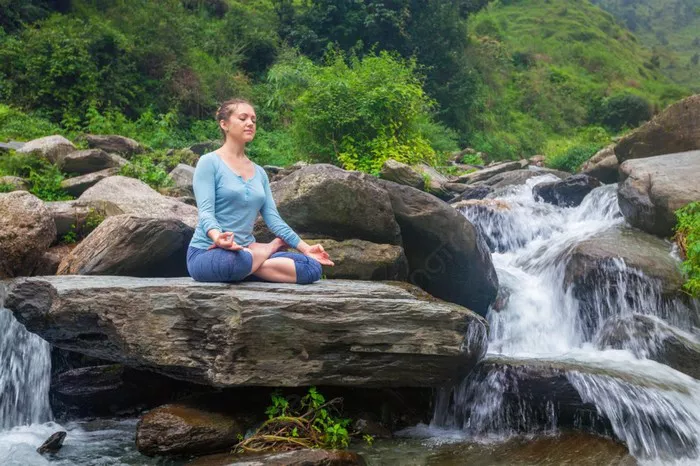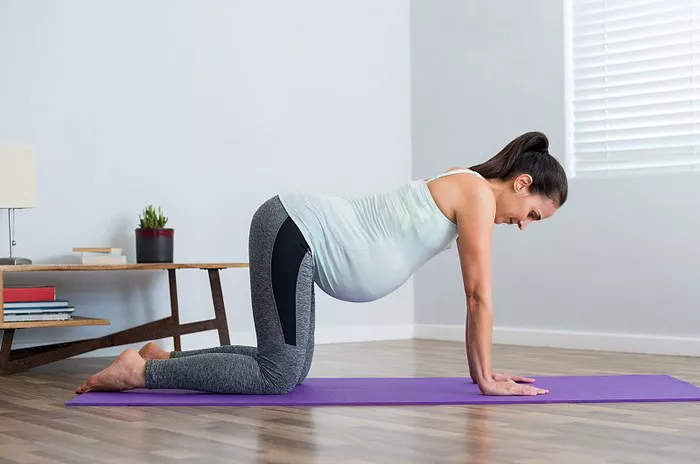In today’s fast-paced world, anxiety has become a common mental health challenge affecting millions of people globally. With increasing awareness of mental well-being, more individuals are seeking holistic methods to alleviate stress and anxiety. Among the many complementary therapies, yoga has gained significant popularity for its potential to improve mental and physical health. Hatha yoga, one of the most widely practiced forms of yoga, is particularly known for its calming and restorative effects. But does Hatha yoga genuinely help with anxiety? This article explores the connection between Hatha yoga and anxiety relief, backed by scientific evidence and practical insights.
Understanding Hatha Yoga
Hatha yoga is a branch of yoga that focuses on physical postures (asanas), breathing techniques (pranayama), and meditation. The term “Hatha” can be translated as “forceful” or “sun and moon,” symbolizing the balance between opposing energies. Unlike more dynamic forms of yoga such as Vinyasa or Ashtanga, Hatha yoga typically involves slower-paced movements, making it accessible to practitioners of all levels.
The primary goals of Hatha yoga are to promote physical health, enhance mental clarity, and cultivate inner peace. The practice emphasizes the connection between the mind and body, encouraging mindfulness and present-moment awareness. This holistic approach makes Hatha yoga particularly beneficial for managing anxiety and stress-related disorders.
The Link Between Hatha Yoga and Anxiety
Anxiety is a natural response to stress, but chronic anxiety can significantly impact daily life, leading to both physical and mental health problems. Common symptoms of anxiety include excessive worry, restlessness, muscle tension, and difficulty concentrating. Traditional treatments often include psychotherapy and medication, but many individuals seek alternative methods to complement these approaches.
Hatha yoga’s gentle postures, controlled breathing, and meditation practices directly address several aspects of anxiety. The following mechanisms explain how Hatha yoga helps alleviate anxiety symptoms:
1. Regulation of the Nervous System
One of the primary ways Hatha yoga helps with anxiety is by activating the parasympathetic nervous system (PNS), also known as the “rest and digest” system. Through deep breathing exercises and slow, mindful movements, Hatha yoga encourages the body to shift from the fight-or-flight response (sympathetic nervous system) to a more relaxed state. This physiological change lowers heart rate, reduces cortisol levels, and promotes a sense of calm.
2. Mindfulness and Present-Moment Awareness
Mindfulness is a key component of Hatha yoga practice. By focusing on the breath, bodily sensations, and the present moment, practitioners can interrupt the cycle of anxious thoughts. Studies have shown that mindfulness-based practices significantly reduce symptoms of anxiety and improve overall emotional well-being.
3. Breath Control (Pranayama)
Breathing techniques are integral to Hatha yoga and play a crucial role in managing anxiety. Techniques such as deep belly breathing (diaphragmatic breathing) and alternate nostril breathing (Nadi Shodhana) help calm the mind, regulate emotions, and improve oxygen flow to the brain. Research suggests that regular pranayama practice can lower anxiety levels and enhance overall mood.
4. Physical Release of Tension
Anxiety often manifests physically through muscle tension, headaches, and fatigue. Hatha yoga postures gently stretch and strengthen the body, relieving tension in areas like the neck, shoulders, and back. Poses such as Child’s Pose, Forward Bend, and Legs-Up-The-Wall encourage relaxation and help release stored tension.
5. Meditation and Relaxation
Hatha yoga sessions typically conclude with a period of guided relaxation or meditation, such as Savasana (Corpse Pose). This practice promotes deep relaxation, allowing the mind to unwind and let go of stress. Meditation has been extensively studied for its anxiety-reducing effects, with evidence showing that regular practice improves emotional regulation and reduces symptoms of generalized anxiety disorder (GAD).
Scientific Evidence Supporting Hatha Yoga for Anxiety
Numerous studies have explored the effects of Hatha yoga on anxiety and mental health. Some key findings include:
A 2018 meta-analysis published in Depression and Anxiety found that yoga, including Hatha yoga, significantly reduced anxiety symptoms in individuals with various anxiety disorders.
A 2020 study in the Journal of Psychiatric Practice reported that participants who practiced Hatha yoga twice a week for eight weeks experienced significant reductions in anxiety and depression symptoms compared to a control group.
Research published in Complementary Therapies in Clinical Practice showed that Hatha yoga improved sleep quality and reduced anxiety levels in women with high stress.
These studies suggest that regular Hatha yoga practice can serve as an effective complementary therapy for anxiety, particularly when combined with conventional treatments.
Practical Tips for Using Hatha Yoga to Manage Anxiety
If you’re considering using Hatha yoga to alleviate anxiety, here are some practical tips to get started:
Start Slowly: Begin with beginner-friendly classes or guided online sessions to familiarize yourself with basic postures and breathing techniques.
Create a Calm Environment: Practice in a quiet, comfortable space where you feel safe and relaxed.
Focus on the Breath: Pay attention to your breathing throughout the practice, using slow, deep breaths to promote relaxation.
Be Consistent: Aim to practice at least 2-3 times per week for noticeable improvements in anxiety levels.
Combine with Meditation: Integrate short meditation sessions before or after your yoga practice to enhance mindfulness and mental clarity.
Listen to Your Body: Honor your body’s limits and avoid pushing yourself into discomfort.
Conclusion
Hatha yoga offers a gentle yet powerful approach to managing anxiety by harmonizing the mind, body, and breath. Through its combination of physical postures, breath control, and mindfulness, Hatha yoga helps regulate the nervous system, release physical tension, and cultivate inner peace. Scientific evidence supports its effectiveness as a complementary therapy for anxiety, making it an accessible and holistic option for those seeking natural relief.
While Hatha yoga may not be a standalone cure for anxiety, its consistent practice can significantly enhance overall well-being and resilience against stress. Whether you’re a beginner or an experienced practitioner, incorporating Hatha yoga into your daily routine can be a transformative step toward a calmer, more balanced life.
Related Topics:























